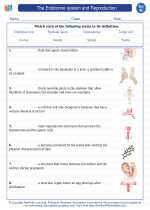Solid Waste
Solid waste refers to any discarded and unwanted materials that are not liquid or gas. It includes a wide range of items such as household garbage, industrial waste, construction debris, and hazardous waste.
Types of Solid Waste
- Municipal Solid Waste (MSW): Household and commercial waste from cities and towns.
- Industrial Waste: Waste generated by factories, refineries, and manufacturing plants.
- Construction and Demolition Debris: Waste from building materials and structures.
- Hazardous Waste: Waste that poses a threat to human health or the environment, such as chemicals, batteries, and electronic waste.
Environmental Impact
Improper disposal of solid waste can lead to pollution of land, water, and air. It can also have harmful effects on wildlife and human health. Recycling and proper waste management practices are essential to reduce the environmental impact of solid waste.
Waste Management
Effective waste management involves reducing, reusing, and recycling materials to minimize the amount of waste sent to landfills. It also includes proper disposal of hazardous waste and the development of sustainable waste treatment technologies.
Study Guide
When studying solid waste, it's important to understand the different types of waste, their environmental impact, and the principles of waste management. Key topics to focus on include:
- The composition and sources of municipal solid waste.
- The environmental consequences of improper waste disposal.
- Methods for reducing, reusing, and recycling solid waste.
- The importance of proper hazardous waste management.
- Technologies for sustainable waste treatment.
Additionally, it's beneficial to explore case studies and examples of successful waste management initiatives from around the world.
[Solid Waste] Related Worksheets and Study Guides:
.◂Science Worksheets and Study Guides Eighth Grade. The Endocrine system and Reproduction

 Worksheet/Answer key
Worksheet/Answer key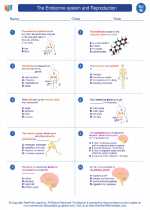
 Worksheet/Answer key
Worksheet/Answer key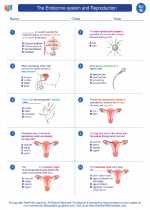
 Worksheet/Answer key
Worksheet/Answer key
 Vocabulary/Answer key
Vocabulary/Answer key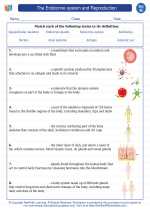
 Vocabulary/Answer key
Vocabulary/Answer key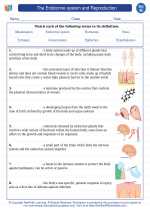
 Vocabulary/Answer key
Vocabulary/Answer key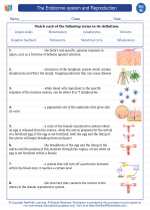
 Vocabulary/Answer key
Vocabulary/Answer key
 Vocabulary/Answer key
Vocabulary/Answer key